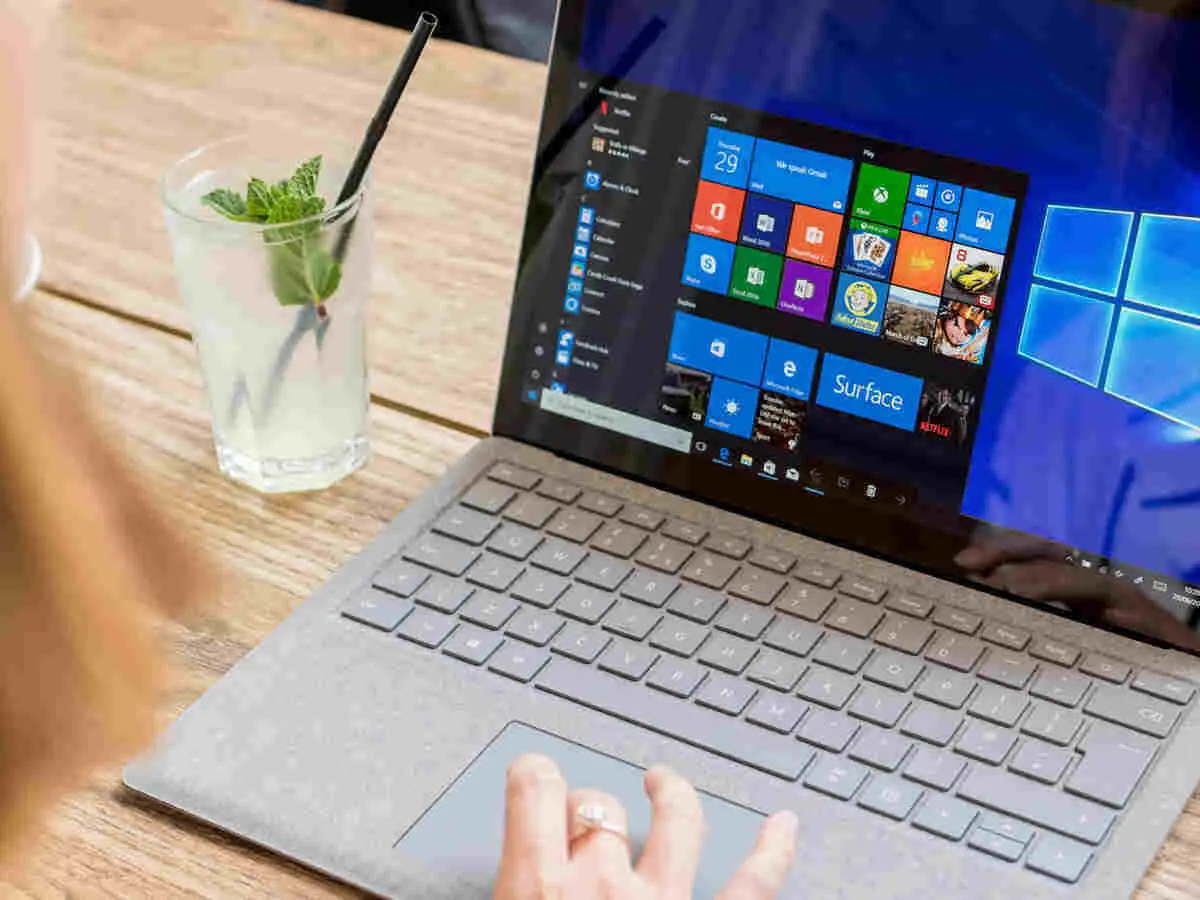Today, most organizations use MDM solutions to ensure that their devices are secure and easily manageable. Mac/iOS and Windows are the most sought after operating systems that are frequently used by any user and any organization around the world. So, let’s take a look at the key benefits of MDM for Windows devices and how it makes Windows unique and easy to use by meeting device and data management regulations.
Windows device management features
Windows offers a large number of devices and has millions of users. However, this paves the way for organizations to lose control over the different Windows devices used by employees. This is where MDM comes to the rescue.
MDM software is installed on devices to effectively manage and protect every Windows device and the data used by every employee inside and outside the organization. In this way, IT teams can ensure that no third-party software or applications breach sensitive information.
The key features of Windows Device Management or MDM for Windows are:
device enrollment
- MDM helps enroll Windows Over-the-Air (OTA) devices with Microsoft’s default device management app.
- Presents a self-service portal for users to work on.
- Users can create their own credentials or use a one-time password to access the app, which means MDM provides authentic device and app enrollment.
- Multiple devices can be enrolled for the same user.
- Bulk enrollment through which organizations can enroll many devices at once.
Profile management
- MDM helps create and configure policies for IMAP, POP, and Exchange email settings.
- It helps set up Wi-Fi, VPN, and allows access to mobile data while roaming, among other things.
- Passcodes can be made simple or complex, depending on the situation with MDM solutions applied on Windows.
- It also helps divide Windows phones into corporate and BYOD categories and enforce regulations and rules on them.
application management
- Internal applications can be efficiently managed and distributed with the help of MDM on Windows.
- MDM helps display apps in an app catalog so that users can choose and install them on their own.
- It allows users to install programs silently.
- Separate apps into approved and blocked apps.
- To clear distributed apps automatically, the user must select “Wipe device” or “Corporate wipe” as an action.
- The user can get reports to keep track of the apps installed on his device.
- The organization can securely assign apps to users.
security management
- To prevent confidential data leaks in case of theft, the device can be locked remotely.
- Security settings such as copy and paste restrictions, location services, camera, NFC, and more can be configured.
- To locate a missing device, the user can use the remote alarm.
- During a device theft or loss, your organization can perform a clean wipe.
- To remove products provided through mobile device management, your organization can perform a corporate wipe.
Audits and Reports
- By using MDM, the user can generate up-to-date reports on their Windows phones.
- User can create custom reports based on parameters like Apps by Device, Devices by Model etc. with the help of MDM on Windows devices.
References:
- https://www.manageengine.com/products/desktop-central/mobile-device-management-windows.html
- https://www.manageengine.com/mobile-device-management/windows-phone-management.html
Subscribe to our latest newsletter
To read our exclusive content, sign up now. $5/month, $50/year
Categories: Technology
Source: vtt.edu.vn
